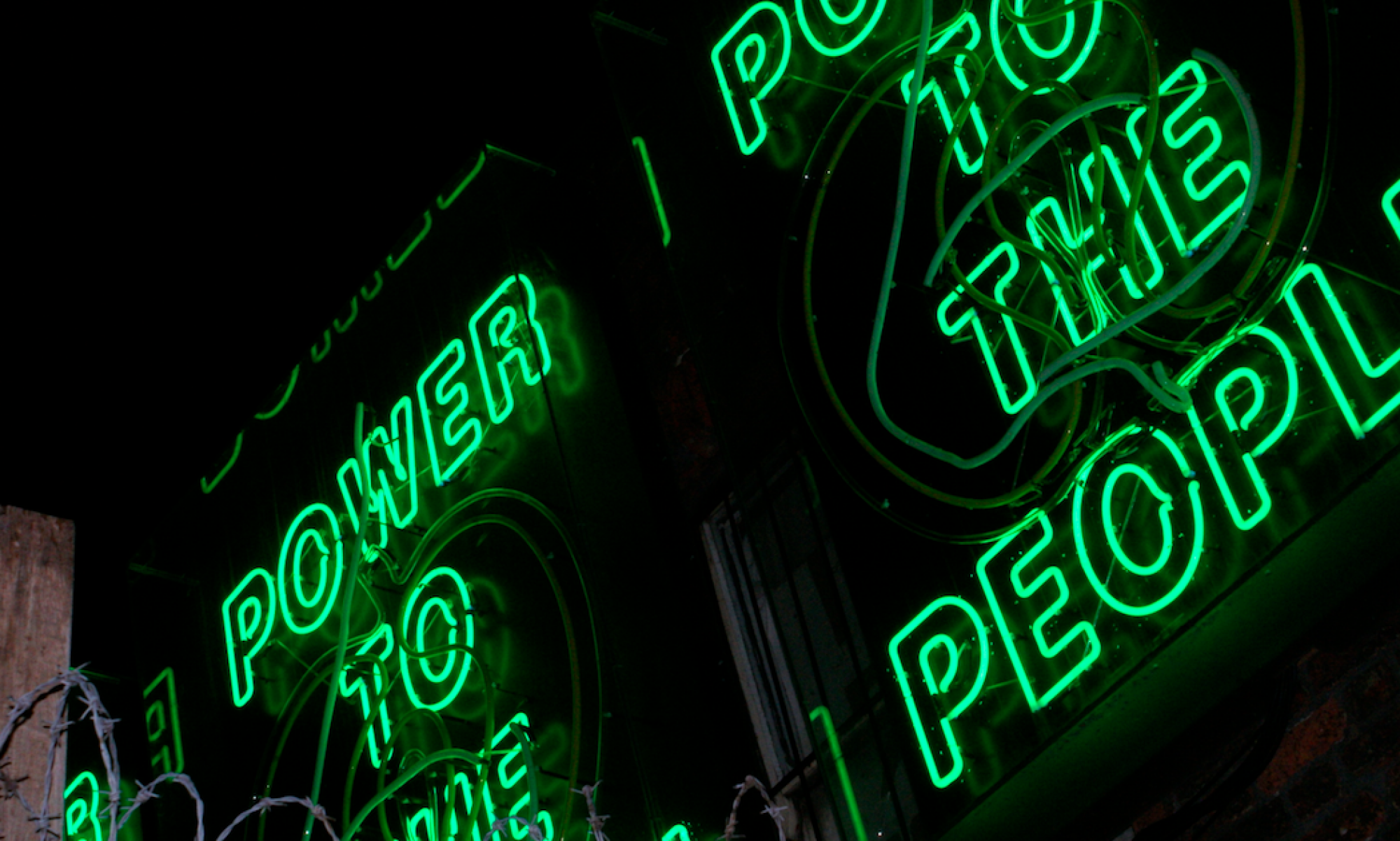This is the latest short story for the writing group I’m in. My friend Liz was my muse. I didn’t even bother to change her name! We are at some point in the future, post Covid 19…..
Liz puts her face close to the camera next to the front door and feels that immediate urge to go for a wee. Why does that always happen? She used to think it was fumbling for keys that did it, now she doesn’t need a key. But her brain is still talking to her bladder in the same way.
It’s been a long day and she’s definitely done more than her ten thousand steps. She’ll check her Fitbit in a minute. But the toilet beckons. It has reported, as she fully expected it to, that she’s drunk more than her units of alcohol this afternoon. If she can’t have a drink after organising an event like the one she just has, then when can she!
She’d organised marches before. Plenty of them over the years. There had been several for the NHS in London and Manchester. If she was honest, at the time, she never thought they did much good. But people loved a march.
And then, after the pandemic, attitudes changed hugely. The world was turned on its head by that. And the Conservative Government ploughed millions into the National Health Service. Old political lines were rubbed out leaving the Labour Party with nothing to oppose. The unions became more of an insurance service for members. And the marches stopped.
Until today. Thirty thousand steps. Impressive given that this was not your usual type of rally. The route was much shorter. It started at Embankment and went up to and around Parliament Square, and then to the gates at Downing Street. The crowd, mainly on wheels, was slower moving than the crowd in the marches of the past. And whilst there were many more dropped kerbs around these days, some missed the slopes and simply dropped off the side of the pavement. Liz knew she shouldn’t laugh. But it was a funny sight.
With the great pandemic of 2020 came the great shift towards technology. It had been coming anyway, but this made things move so much quicker. The UK started to adopt many of the ideas from Japan. There they use robots for the care of the elderly. With scientists and business and government collaborating so well together, the UK suddenly started making huge strides in Artificial Intelligence.
Liz checks the oven. Her son, Jude, had promised to prepare a lasagne so all Liz would have to do when she got home was stick the oven on. She should really have that device that does it remotely, but she worries too much about burning the flat down. The lasagne is there. And a third of a bottle of white wine in the fridge. Perfect.
Liz sits down with some of the wine, trying to remember when the argument about sentient beings began. Maybe just over a year ago? A group of campaigners started to argue that the NHS was abusing the robots in its service. So the unions and government had signed a momentous deal over the human workforce and now people were arguing that if a robot could use its own ‘mind’ to make decisions about care, then they should have a union deal too.
People had done to machines what they do with their dogs and cats. Anthropomorphised them. Made them human.
Robot rights. This is what the march had been all about today. Co-ordinating two and a half thousand robots on wheels around Westminster. Because, absurdly, Liz’s union, in the absence of any angry human workers, is now representing technology.
